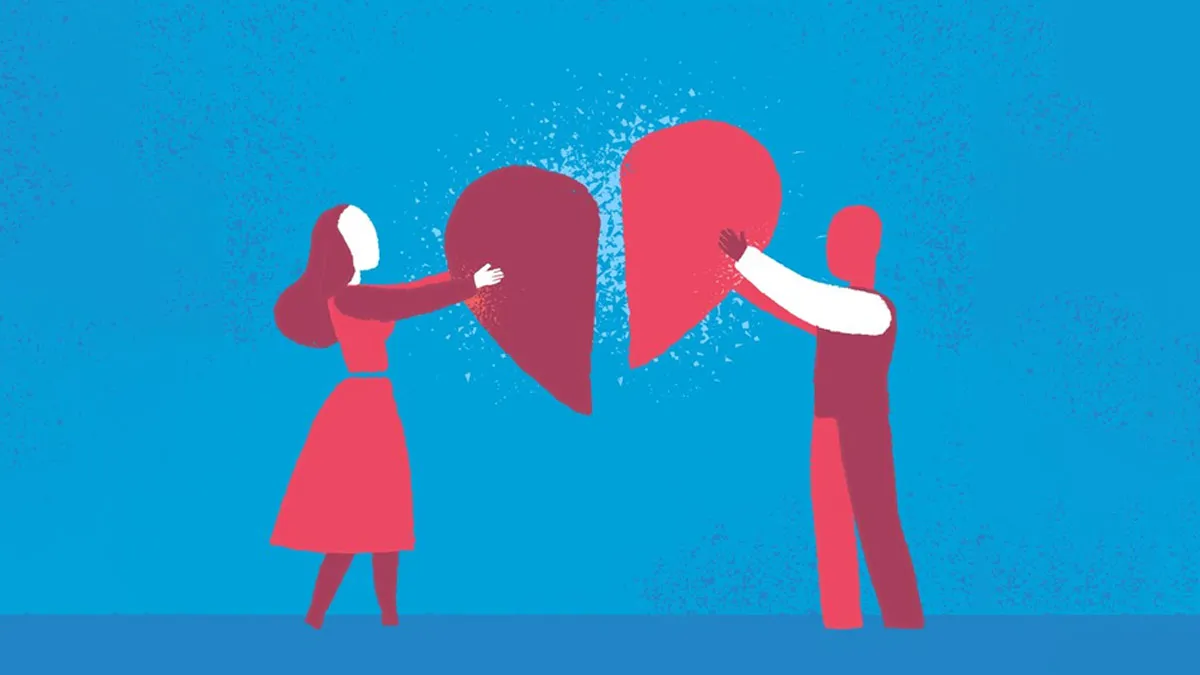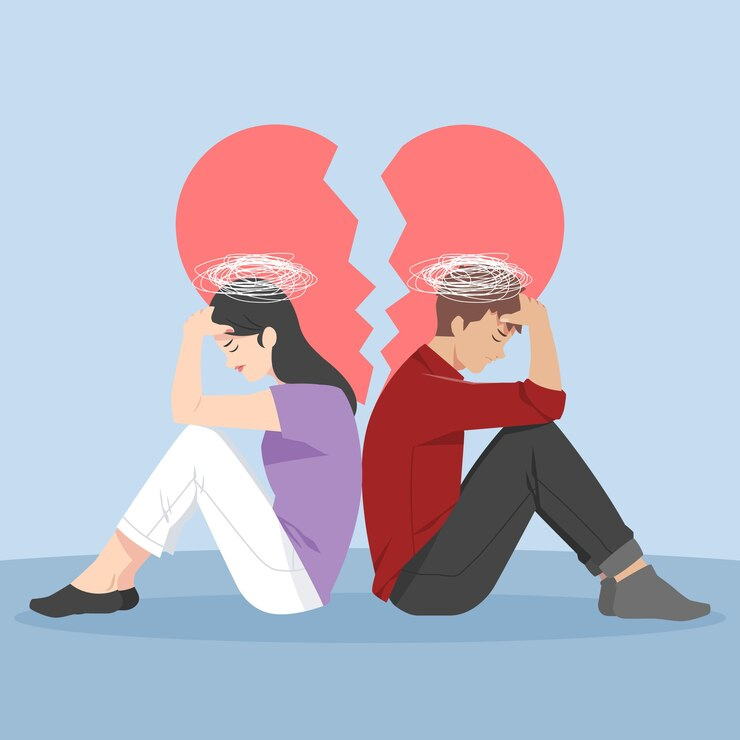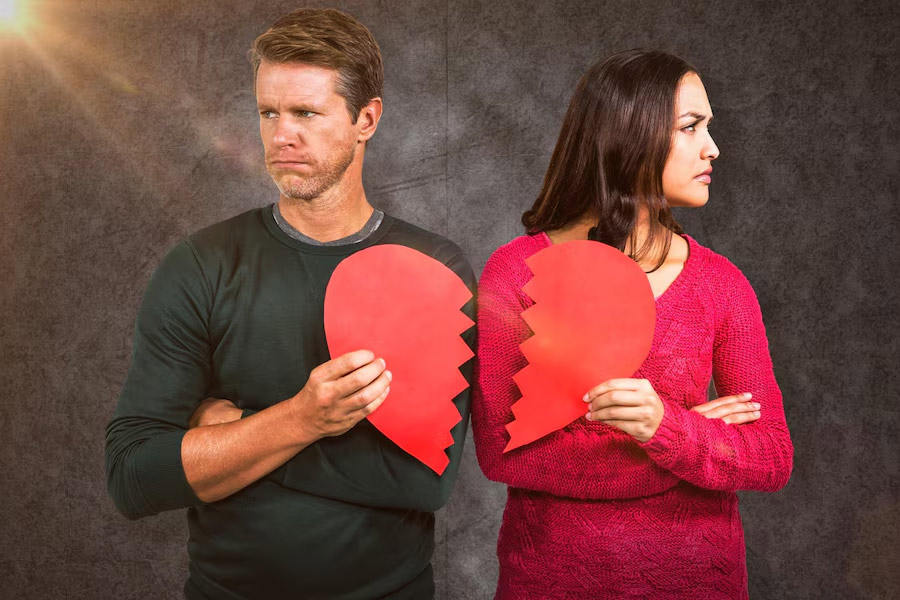
Relationships and dating have faced unprecedented challenges in recent years, with a notable trend of fewer relationships and more single individuals. This phenomenon, often referred to as a ‘relationship recession,’ is having far-reaching social, economic, and political effects. To get deeper insights into this growing trend, we reached out to Ms Chandni Gaglani, the Head of Aisle Network, a popular dating app.
Given the rise in relationship recession, we asked Ms Gaglani a few key questions to help us understand the reasons behind it and what it means for society today.
Relationships today are encountering unique challenges, with many becoming less common and, in some cases, more fragile. The concept of a ‘relationship recession’ serves as a metaphor for a period marked by a decline in satisfaction, intimacy, and emotional investment in couples.
Similar to an economic downturn, the essential elements of love, affection, and connection appear to be in short supply. This isn’t just a perception seen on social media; hard data now shows a clear global decline in birth rates. A recent report by the Financial Times highlighted that this decline isn’t due to families intentionally limiting their size, but for the first time in history, there are simply not enough couples ready to have children.

Ms Gaglani points out that while the term ‘relationship recession’ is relatively new, it reflects the growing recognition of the challenges individuals face, particularly in the current trend of casual dating.
She emphasises that this trend underscores the need for intentional efforts to nurture and sustain connection and intimacy in relationships. "Historically, relationships and marriages were built to endure and overcome challenges together. However, in times of emotional 'recession,' many find it easier to part ways rather than confront and work through these difficulties," Ms Gaglani said.
Don't Miss: Sex Robots vs. Men: What Women Might Prefer In Their Bedroom In 2025, According To Experts
As per Ms Gaglani, several factors are contributing to why more people are choosing to remain single today:

Ms Gaglani observes that the trend of singlehood is likely to grow within specific age groups, reflecting varied behaviours across different cohorts. For example:
Don't Miss: Dating In 2025: 5 Key Trends And Terms You Should Be Aware Of
These generational trends, combined with the influence of dating apps, are reshaping modern relationships in subtle but significant ways. Singlehood is increasingly seen as a period of self-discovery, career advancement, and personal growth, driven by evolving social norms and reduced societal stigma around staying single. The desire for independence is also a key factor motivating this shift.
To adapt to these changes and encourage meaningful connections, platforms like Aisle are evolving. Ms Gaglani shares that they’ve introduced an interest-based hybrid model called Aisle Experiences, where single individuals can meet in person. The overwhelmingly positive response highlights people's willingness to invest in genuine relationships amid these changing dynamics.
As priorities and relationship dynamics continue to evolve, it is evident that the future of dating will reflect a mix of modern independence and a renewed focus on authenticity.
Keep reading Herzindagi for more such stories.
Credits: FREEPIK
Also watch this video
Herzindagi video
Our aim is to provide accurate, safe and expert verified information through our articles and social media handles. The remedies, advice and tips mentioned here are for general information only. Please consult your expert before trying any kind of health, beauty, life hacks or astrology related tips. For any feedback or complaint, contact us at compliant_gro@jagrannewmedia.com.